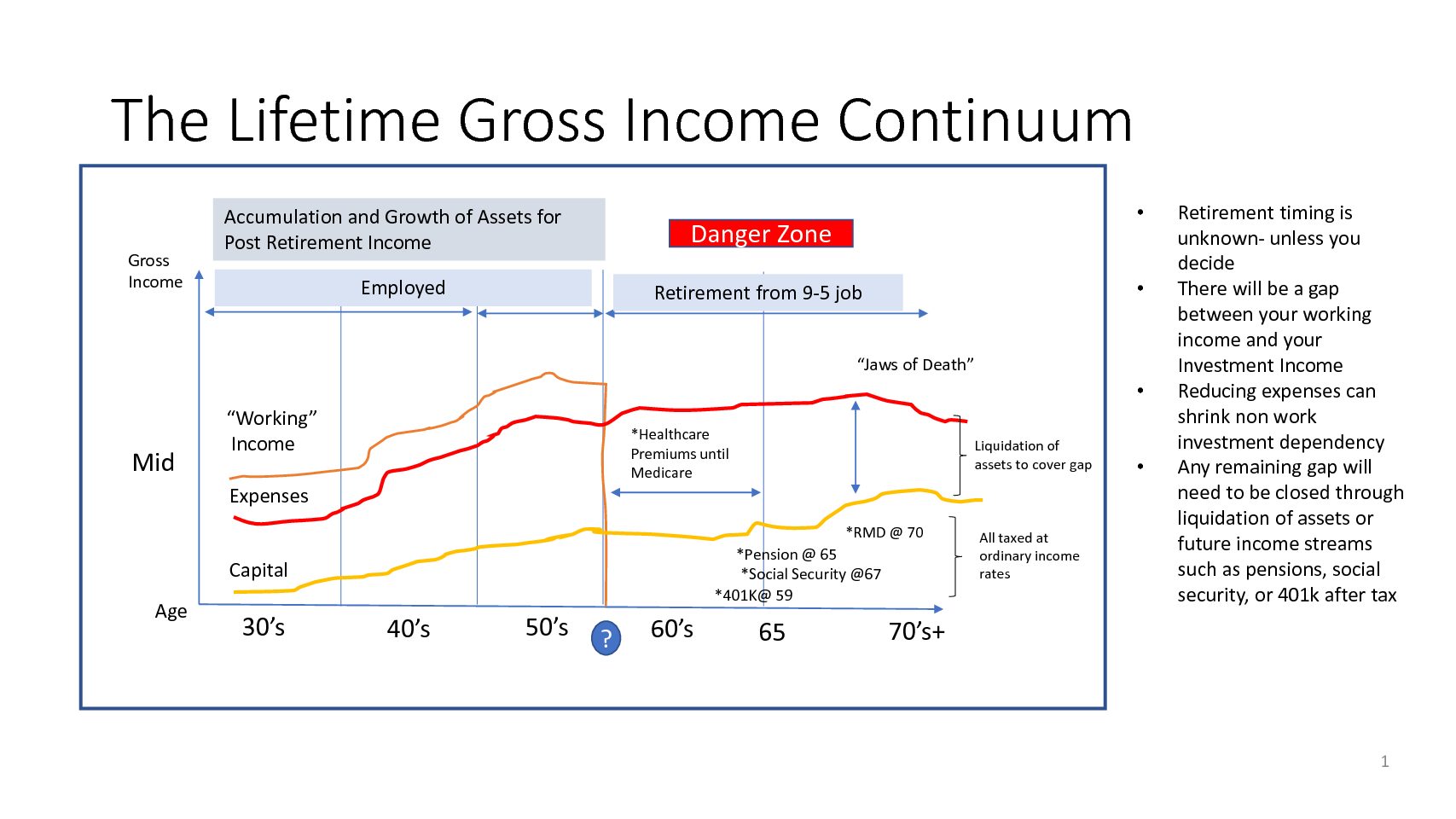There’s a great story in the WSJ on one of the more recent shocking stories of failure: “Burned Out: GE”. It’s worth reading as a cautionary tale of what happens when the fundamentals are ignored.
It’s a fascinating journey of how a company, once viewed as one of America’s most valuable companies could have the CFO on August 2017 break down in tears at a senior meeting. But the elements which led to GE’s decline are not extraordinary. The article talks about a CEO who wants to make his own legacy, an organization trying to do anything to make impossible targets, a board of directors who seemed asleep at the wheel, and a culture of loyalty and optimism in spite of the facts.
One theme that comes up again and again is that it seemed impossible to be the naysayer in the room. Dissent was not allowed…only optimism. While no one wants a lot of “debbie downers”, there is tremendous value in knowing who the people are who will tell you the truth, or give you bad news.
Of course, they need to be credible. They need to have the facts. And they need to be right, more times than not. Initially in my career, I found negative people annoying. But as I progressed, I realized how valuable these people are. The reality is that those people do not care about keeping their job if it means that they have to lie, go along, or passively follow the group if they don’t agree. It’s not worth it to them. There aren’t too many people like that….so if you find one, don’t shut them down. Listen.
What struck me in the article? One sentence “That often left Jeff Immelt, in the words of one GE insider, trying to market himself out of a math problem.”







